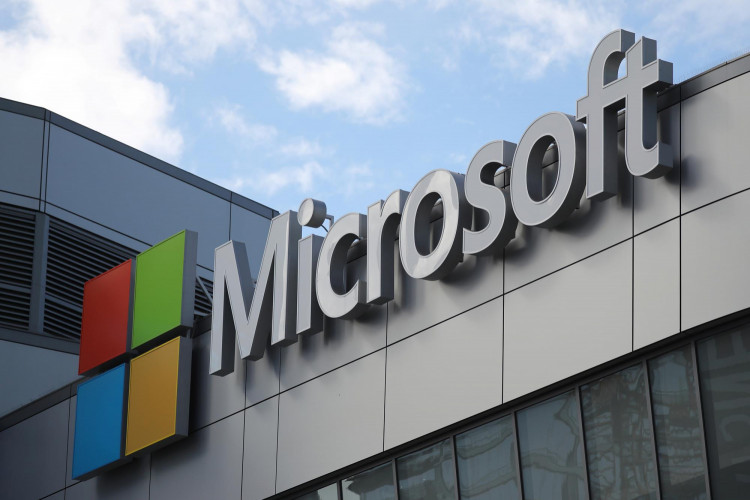This Tuesday, a judge in San Francisco dealt a heavy blow to the Federal Trade Commission (FTC), the United States antitrust regulator, by rejecting its injunction request. The decision allows Microsoft to proceed with the largest acquisition in the history of the video game industry, that of Activision Blizzard.
This marks the second case this year in which FTC Chair Lina Khan has lost against Silicon Valley giants. A ruling in February permitted Meta to acquire the virtual reality (VR) startup company Within Unlimited. Observers believe that the defeat in the lawsuit aimed at blocking Microsoft's acquisition implies a bleak outlook for Khan's initiation of a new era of antitrust enforcement in the tech industry.
Anu Bradford, a professor at Columbia Law School, commented that Khan is now facing significant hurdles, suggesting that "U.S. courts are not in favor of an antitrust revolution." John B. Kirkwood, an antitrust professor at Seattle University School of Law, argued that Khan is gaining a reputation for misjudgments and bringing insufficiently powerful charges in her industry battles.
Experts anticipate that Khan will face tough questioning from Republican members of the House of Representatives during a congressional hearing this Thursday. They have previously voiced sharp criticism of Khan's antitrust methods. Now, in addition to alleged management mishaps and moral issues surrounding her refusal to recuse herself in the Meta case, they will surely add her defeat in antitrust litigation to their list of criticisms.
Despite these setbacks, Khan is unlikely to back down.
Wall Street Journal once noted that Lina Khan, renowned as an "antitrust fighter," was perceived as a resounding regulatory warning to tech giants upon her appointment to the FTC, with potential for dismantling big tech firms. The day after Microsoft announced plans to acquire Activision Blizzard in January last year, Khan asserted in her first public interview as FTC Chair that the Commission would no longer retreat in the face of intimidation or threats from these giants.
In a speech at the University of Chicago last year, Khan stated that she doesn't equate success with an undefeated record in court. She believes that failing to take on challenging cases could have significant consequences, potentially leading to stagnation.
Even after the defeat in the Microsoft case, the FTC still has several significant similar cases awaiting trial. Among these, Amazon's acquisition of iRobot and Broadcom's acquisition of VMWare, approved by the European Commission this Wednesday, are both vertical transactions, akin to the Microsoft case. In such cases, the merging companies operate within the same supply chain but are not direct competitors.
Bill Kovacic, a former FTC chairman and current law professor at George Washington University, suggested that litigating vertical mergers is one of the toughest cases to win. All courts require plaintiffs to present compelling factual evidence to support their allegations, and there has never been a winning case involving accusations about vertical transaction policies.
Antitrust experts predict that Khan will continue to initiate challenging lawsuits because she hopes the courts will broaden their perspective on competitive harm. Khan once stated that laws related to mergers overly emphasize whether the deal would lead to higher consumer prices. She hopes that the law will consider other potential problems brought about by mergers, including lower wages for workers, reduced innovation, and a decline in service level or quality.
Some analysts in the litigation field suggest that persuading judges to examine novel theories is a slow and arduous process. The FTC needs to choose better battlefields, provide better evidence in these legal fights, to win judicial support for its allegations.
Some media outlets have noted that the FTC and Department of Justice are likely to soon issue new guidelines to bolster their future lawsuits against mergers, helping businesses better understand which deals will receive their approval and which will be challenged. Some lawyers believe that Khan and the Justice Department will need to win some cases before the end of the current Biden administration term; otherwise, businesses may begin to ignore regulatory warnings.
Of course, the FTC could point to over a dozen cases where companies have abandoned deals due to antitrust concerns. However, Kovacic pointed out that such "glorious failures," like losing high-profile cases, could lead to a state of "getting nothing accomplished" and could incite businesses to challenge the agency more frequently.






